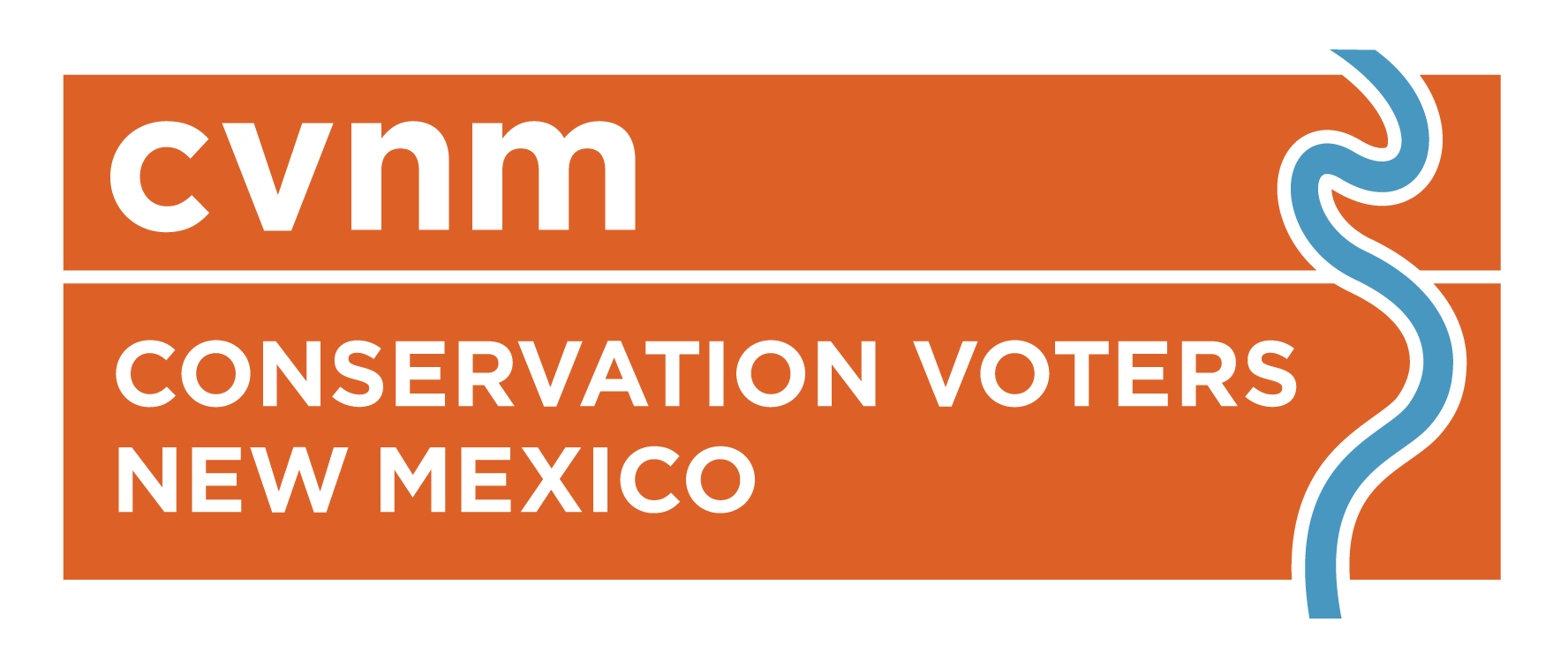A bill that could privatize New Mexico’s critical public services, like water, has passed through two committees and passed the House late Wednesday night (HB 299, sponsored by Rep. Larry Larrañaga).
Public-private partnerships, or P3s, range from a company designing and constructing a new school, to a government contracting with a company to operate and maintain a road or a water utility.
Private companies are pushing hard to expand P3s in our state. HB 299 is one of the broadest, if not the broadest, pieces of P3 legislation in the country in terms of scope of authorized projects, breadth of governmental entities involved, lack of oversight (legislative and executive), lack of public transparency and financial risks.
Sadly, it’s not surprising that after the state has handed huge tax breaks to corporations over the years and can no longer afford to keep up with infrastructure needs, some lawmakers mistakenly think that we should let private corporations cash in on these needs by building or operating much-needed infrastructure.
HB 299 is a bad deal for New Mexico. In addition to the broad definition of “public projects” that are subject to privatization, HB 299 specifically lists dams, reservoirs, sewerage or water treatment facilities, water pipelines, habitat or environmental restoration, power plants, and other basic, essential environmental assets.
When governments seek to privatize these services, the reality is that taxpayers get the short end of the stick.
In Wisconsin, a private company was contracted for $335 million to run Milwaukee’s sewer system for 10 years. The company cut the workforce by almost one-third and improperly maintained the system, resulting in at least 20 contract violations. Over a two-year period, 107 million gallons of raw sewage leaked into waterways; three years later, an unprecedented 4.6 billion gallons of raw sewage were dumped from the system.
A different company was contracted to operate and maintain the water utility in Indianapolis for 20 years for $1.5 billion. The result was that consumer complaints more than doubled, inadequate safeguards by the company forced a boil-water advisory that closed businesses and schools, and the company was investigated by a federal grand jury for falsifying water quality reports. In the end, taxpayers had to pay out millions of dollars to bail out the project.
These examples show the true cost of these projects. The fact is that the money comes from taxpayers, whether it’s future tax dollars the government commits, fees paid by users of the project or a multi-million dollar bail out.
Generally speaking, the more heavily the private sector is involved, the riskier the project is for the public — in financial, social and environmental terms. Examples from across the country have proven the need to take a very cautious approach to P3s.
P3s require a narrow, prudent approach that will provide opportunities for public benefit without posing substantial financial, social or environmental risks – and HB 299 doesn’t come close.
New Mexico needs jobs and we support job creation efforts. But “blank check” legislation like HB 299 is not the answer for our state.
Contact your Senator. Tell them to keep our public utilities public.
Victor Reyes is the Legislative Director of Conservation Voters New Mexico (CVNM). CVNM is a statewide, nonpartisan organization connecting the people of New Mexico to their political power to protect our air, land, and water for a healthy Land of Enchantment.
Published in the Deming Headlight March 16, 2015

